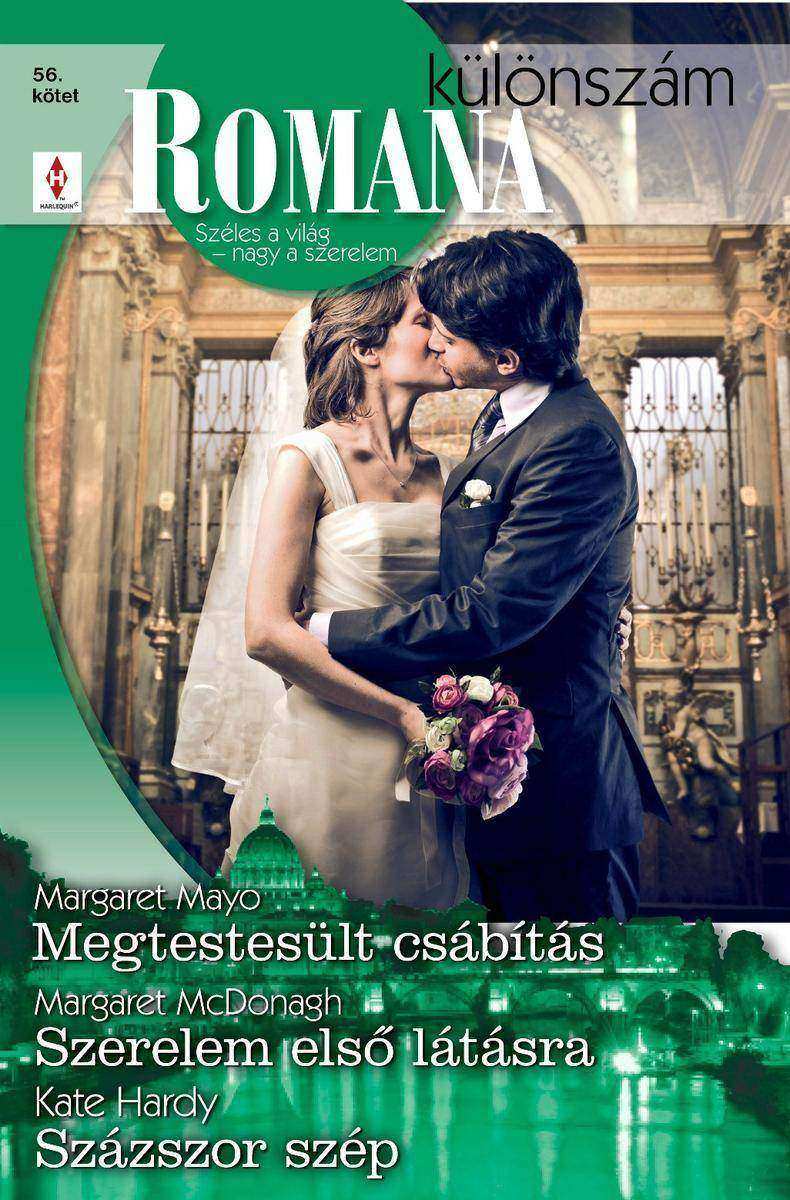
Romana kül?nszám 56. k?tet
¥42.92
Romana kül?nszám 56. k?tet
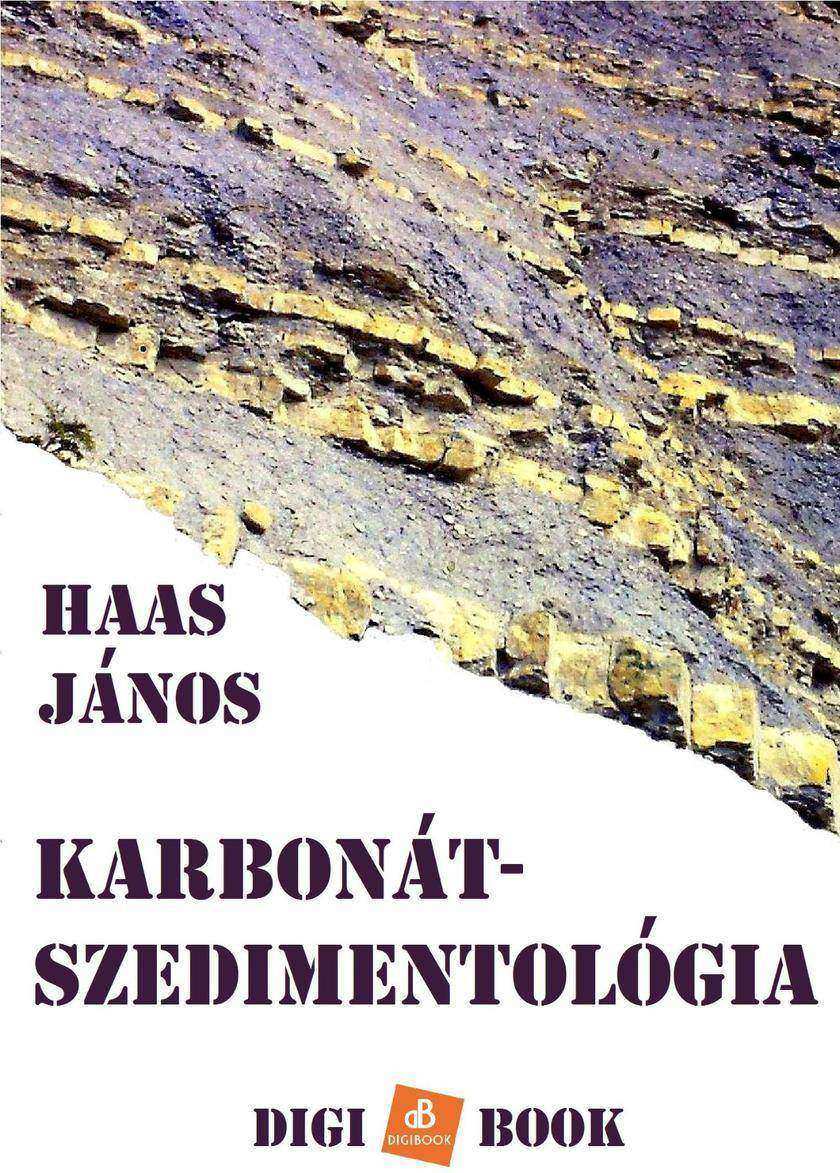
Karbonát-szedimentológia
¥42.92
Karbonát-szedimentológia
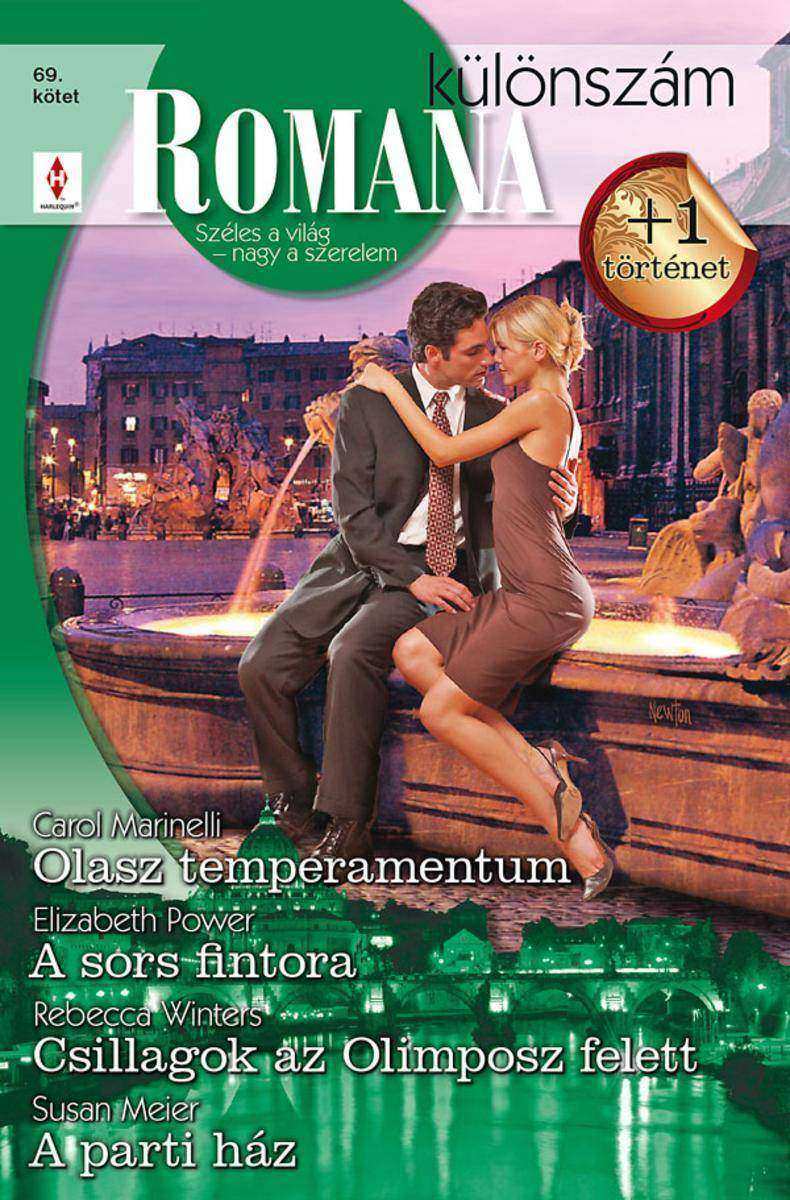
Romana kül?nszám 69. k?tet
¥42.92
Romana kül?nszám 69. k?tet

F?ld?n, vízen, leveg?ben/ Szélesvásznú mese/ Jó tündér a házból
¥42.92
F?ld?n, vízen, leveg?ben/ Szélesvásznú mese/ Jó tündér a házból

Szívhang kül?nszám 41. k?tet
¥42.92
Szívhang kül?nszám 41. k?tet

M?vészlélek/ Sírás, nevetés/ Hullócsillag az égen
¥42.92
M?vészlélek/ Sírás, nevetés/ Hullócsillag az égen

Romana kül?nszám 73. k?tet
¥42.92
Romana kül?nszám 73. k?tet

Szívhang kül?nszám 40. k?tet
¥42.92
Szívhang kül?nszám 40. k?tet
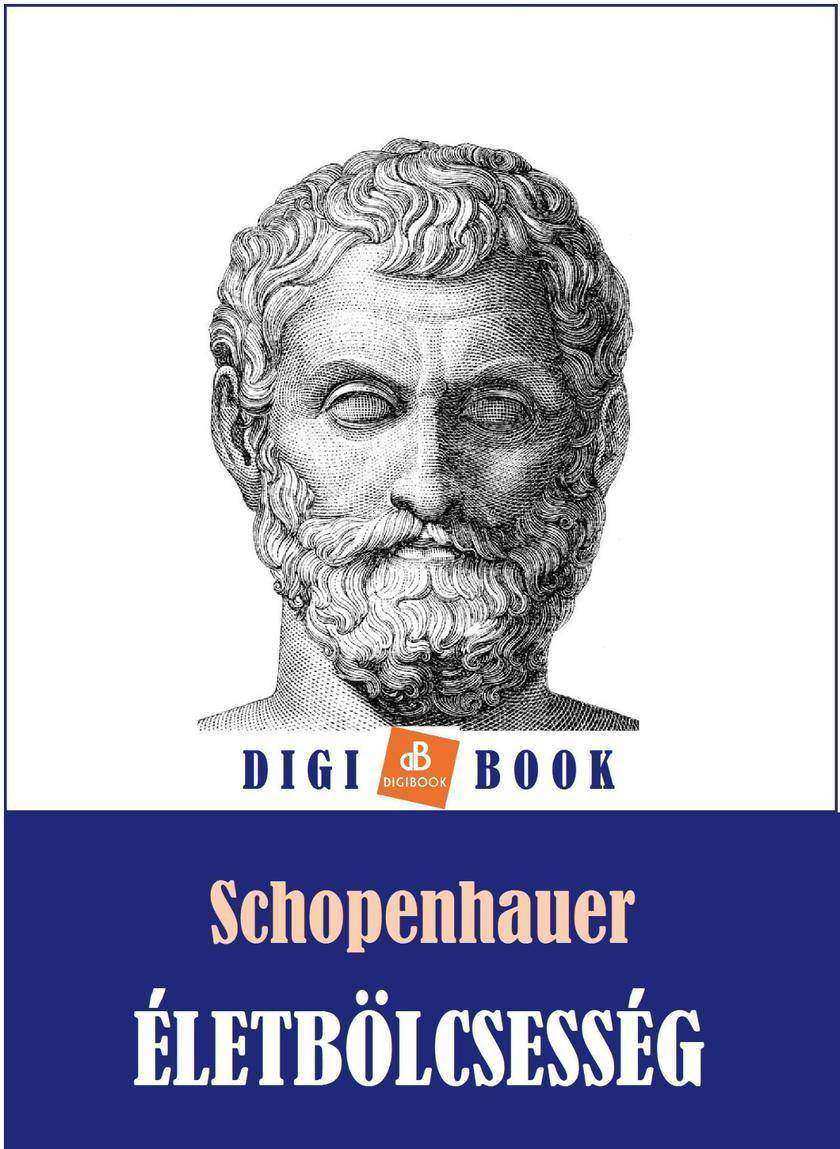
?letb?lcsesség
¥42.92
letblcsesség

Júlia kül?nszám 56. k?tet
¥42.92
Júlia kül?nszám 56. k?tet

Olthatatlan vágy/ Hiába futsz/ K?nny? kaland, extrákkal
¥42.92
Olthatatlan vágy/ Hiába futsz/ K?nny? kaland, extrákkal

Romana kül?nszám 60. k?tet
¥42.92
Romana kül?nszám 60. k?tet

Júlia 533. (Giselle titka)
¥42.92
Júlia 533. (Giselle titka)
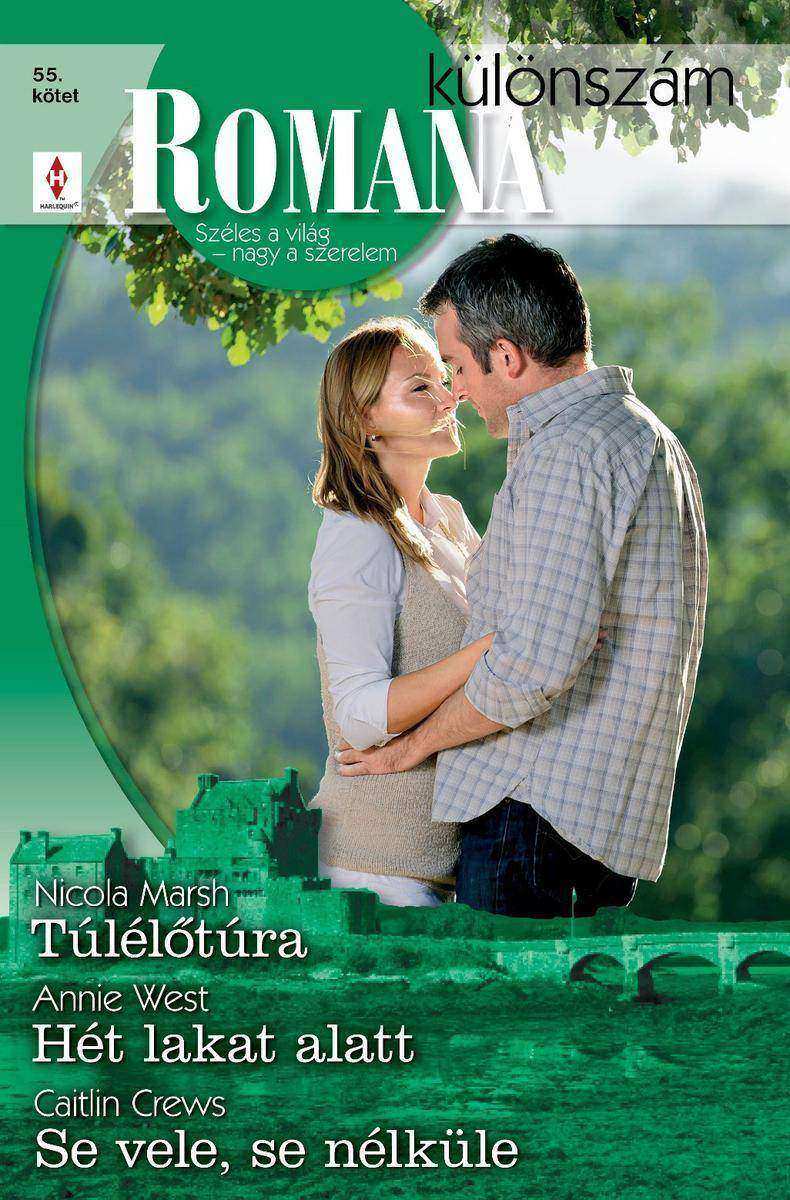
Romana kül?nszám 55. k?tet
¥42.92
Romana kül?nszám 55. k?tet
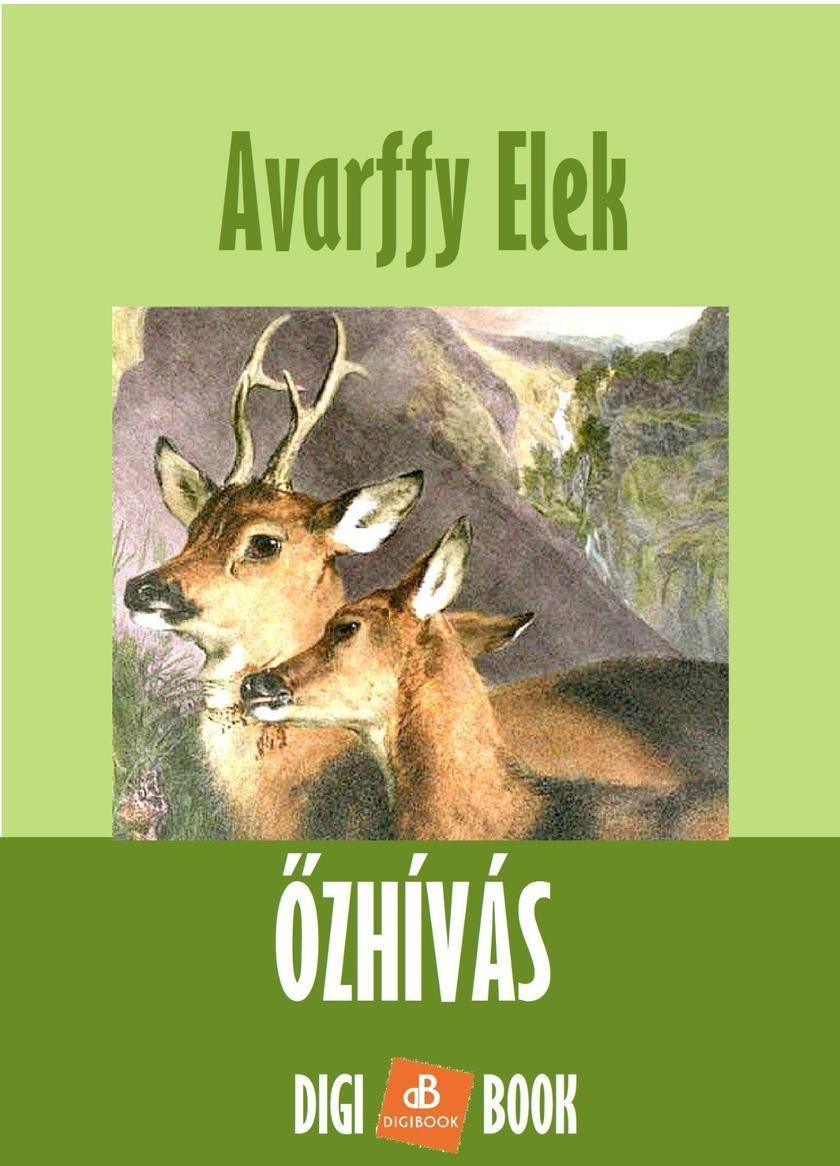
?zhívás
¥42.92
zhívás

Júlia kül?nszám 69. k?tet
¥42.92
Júlia kül?nszám 69. k?tet

Romana kül?nszám 70. k?tet
¥42.92
Romana kül?nszám 70. k?tet
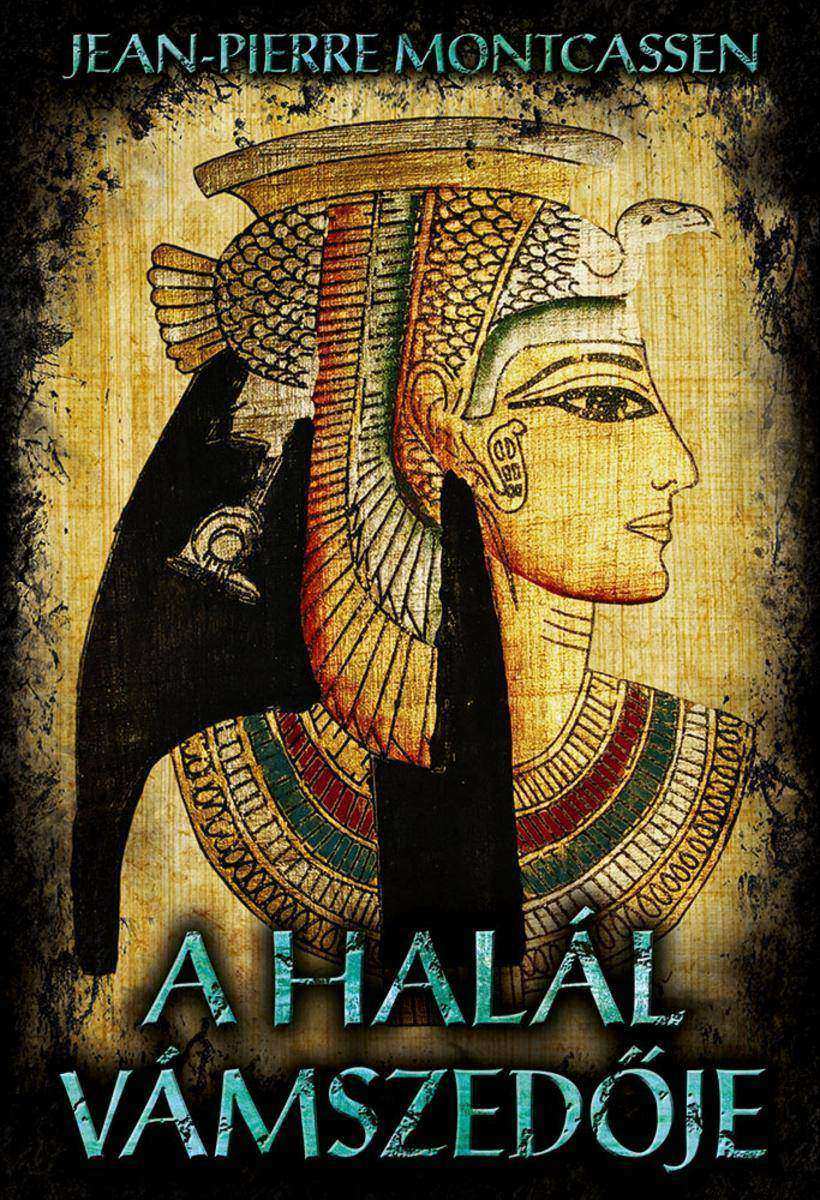
A halál vámszed?je
¥42.92
A halál vámszed?je

Júlia kül?nszám 58. k?tet
¥42.92
Júlia kül?nszám 58. k?tet
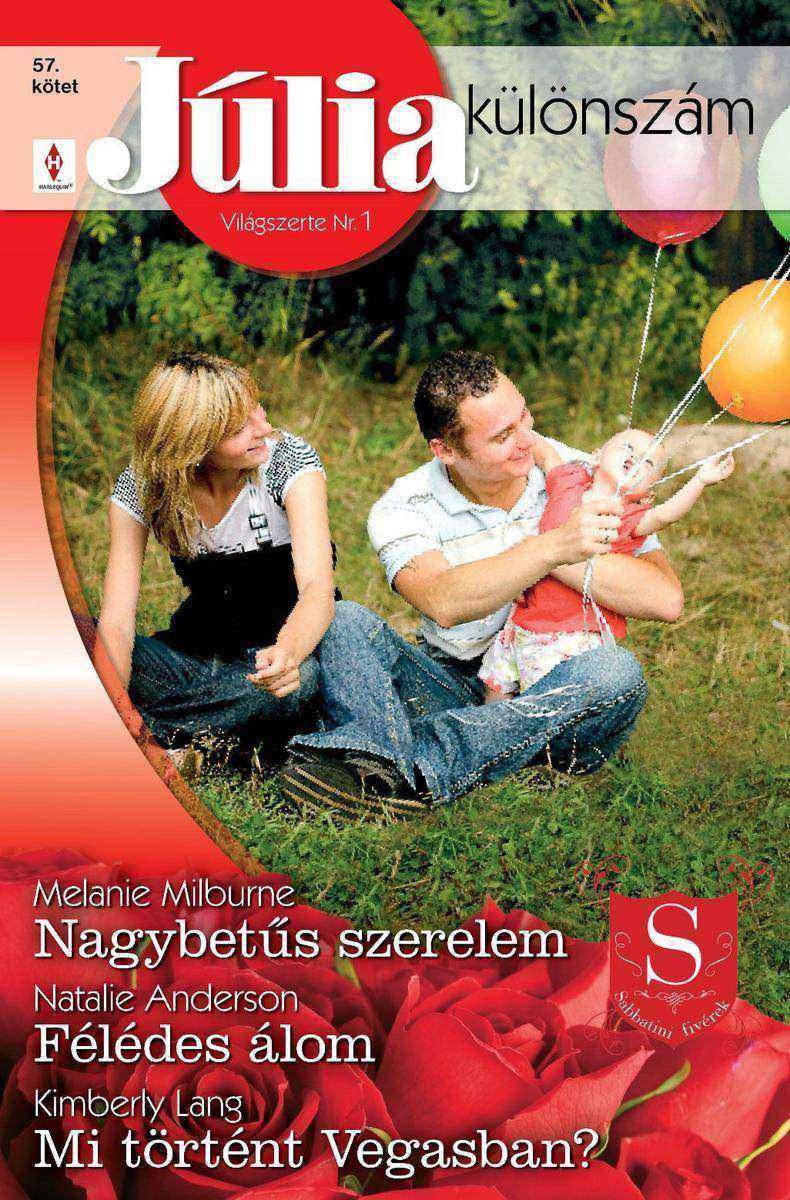
Júlia kül?nszám 57. k?tet
¥42.92
Júlia kül?nszám 57. k?tet

Júlia kül?nszám 55. k?tet
¥42.92
Júlia kül?nszám 55. k?tet




 购物车
购物车 个人中心
个人中心



